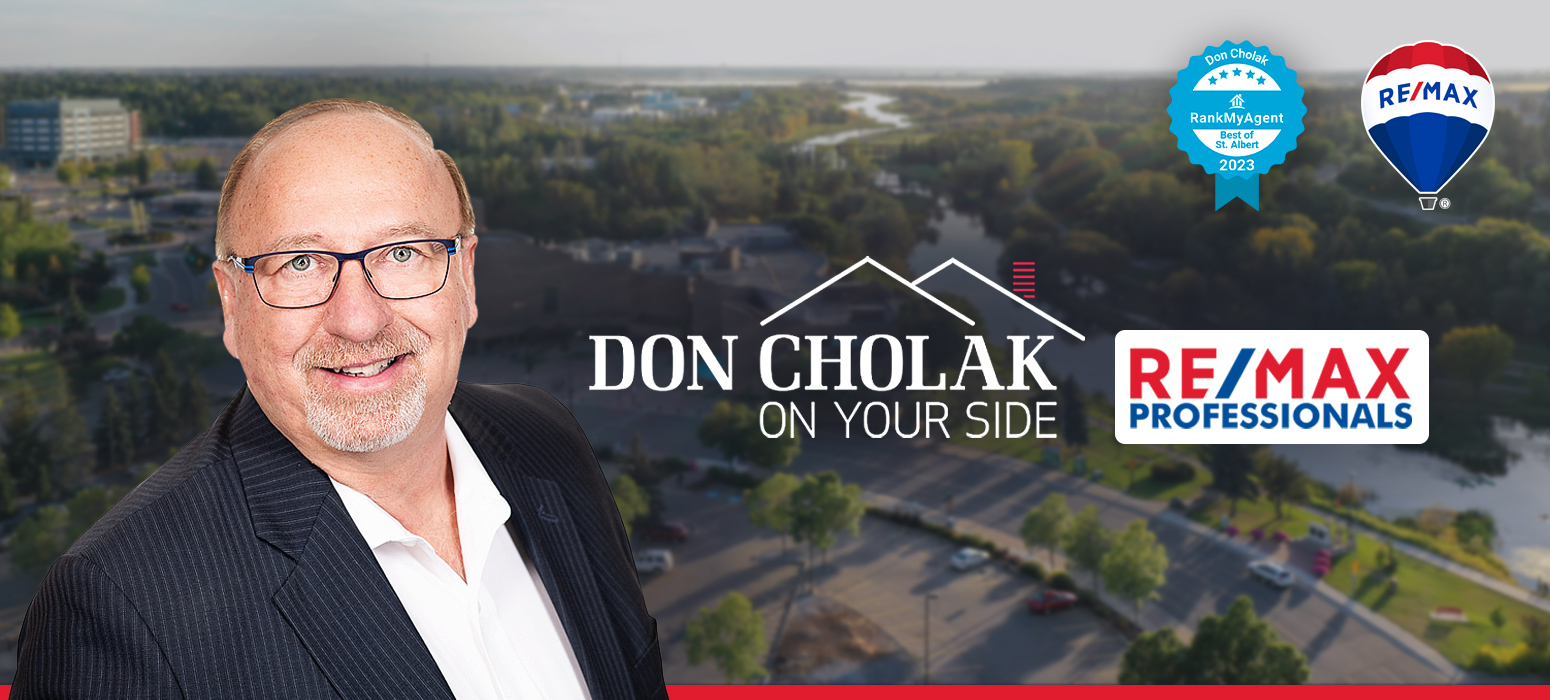By Chris Seepe – Source
I recently looked at the government’s substantial revenue stream from investment properties and realized that government has an affordable housing conflict of interest. The more affordable the housing, the less affordable it is to government.
After reviewing the many taxes government places on housing, I have no confidence that anyone in government and any “lettered” people who consult for government will come up with an actionable list that will combat affordability. Landlords must protect themselves against the ever-present onslaught of creative new tax schemes that effectively do only one thing – increase the costs of housing. Here’s how you or your owner-client can improve your property’s affordability:
- Suite-meter everything, especially electricity. Do it yourself. Don’t use a third-party provider. Every dollar you save in utility cost is $20+ of equity.
- Replace old gas appliances. Savings from lower consumption pays reasonably quick returns.
- Never rent or lease hot water tanks. Own them outright. “Peace of mind” lease plans cost three to five times more than replacing end-of-life tanks.
- Some municipalities force you to lease your water meter. They then install a larger-than-needed meter and charge a higher lease rate. Check if a lower volume meter can be used.
- Offer a large incentive (such as four months’ rent) to low-paying tenants to move out. Increasing your rent with a new tenant by, say, $400/month, can add $96,000 equity (at a five-per-cent cap rate).
- Increasing your insurance deductible to perhaps $5,000 may notably reduce your premium, provided all expensive perils are covered.
- Replace all incandescent and fluorescent lightbulbs with LED bulbs, which consume one-sixth the electricity.
- Separate out parking from rent. Why should the tenant benefit from renting out an unneeded parking space? Provide an upscale tenant with two parking spots.
- Maximize coin-op machine laundry fees. A 25-cent increase might increase laundry income 20 per cent or at least defray rising water, electricity and gas costs.
- Apply for an Above Guideline Increase when making a notable capital investment, or if investing for the first time in security features, or if property tax increases notably.
- For some owners, incorporate an “active income” property management company. Pay that company property management fees and expense it in the investment property’s “passive income” to save taxes.
- Maintain a minimum 25 per cent equity. A one-per-cent increase in cap rate could mean a 16-per-cent decrease in property value. A two-per-cent increase in the interest rate may equal a 100-per-cent increase in interest expense and cause your property to negatively cash flow.
- As long as there’s rent control, increase the rent every 12 months by the maximum allowed. Never bypass this opportunity. Not taking 2021’s 1.2-per-cent guideline increase of, say $50/month is a $12,000 equity loss … per tenant.
- Make your mortgage payments on the 10th of each month. This uses the current month’s cash flow to pay the mortgage rather than always maintaining a minimum bank balance to cover late rent payers and those who pay on the first.
- No smokers or pets. Both substantially ruin property value and substantially increase renovation costs with no upside benefit.
- Be zealous in your tenant qualification process. Better vacant than a claimant. Evictions take a year now with no chance of recovering rent arrears.
- Ontario’s Standard Tenancy Agreement is heavily tenant-biased. Add your own clauses. I added 78 clauses.
Offer an early rent payment discount so that you can charge the “late fee” if they don’t pay on time. Set the “lawful rent” to two per cent above what you want. Then charge the lawful rent amount, not the usual discounted amount if they pay late. - Don’t “top up” the last month’s rent (LMR) at year-end and don’t the pay interest on that LMR.
With each vacancy, test the rent rate. Overprice the unit and drop the price weekly until you find the ideal applicant. - Don’t rent to anyone who’ll stay more than five years. The equity loss from long-term renters is devastating. Rent control wipes out long-term (retirement) investment.
- Can you rent your building wall for advertising? Add a cell tower? Rent an unused garage?
- Don’t rent storage lockers. Convert the space into a rental unit. The income-per-square-foot for a rental unit may be five times higher.
- Don’t allow tenants to use any utility-guzzling appliances unless they’re paying the utility bills.
- Savings from low-volume toilets will pay for the toilets, usually in under three years.
- Insulate hot water tanks and pipes. Savings could be two to five per cent of your bill.
- Install a separate electric hot water tank in every rental unit and connect it to the tenant’s electrical panel. Tenants won’t take half-hour showers.
- Repair running toilets and dripping sinks immediately. One running toilet may double your monthly water bill.
- Investigate solar panels. Cost recovery is less than seven years. Enjoy reduced electricity costs for 30+ years.
- Investigate grey-water use in toilets. Can you channel collected rainwater into the toilet reservoirs? Toilets consume 35 per cent of total home water use.
My operative saying: $1 of NOI (“noy” or net operating income) is $20 of joy (equity increase).














